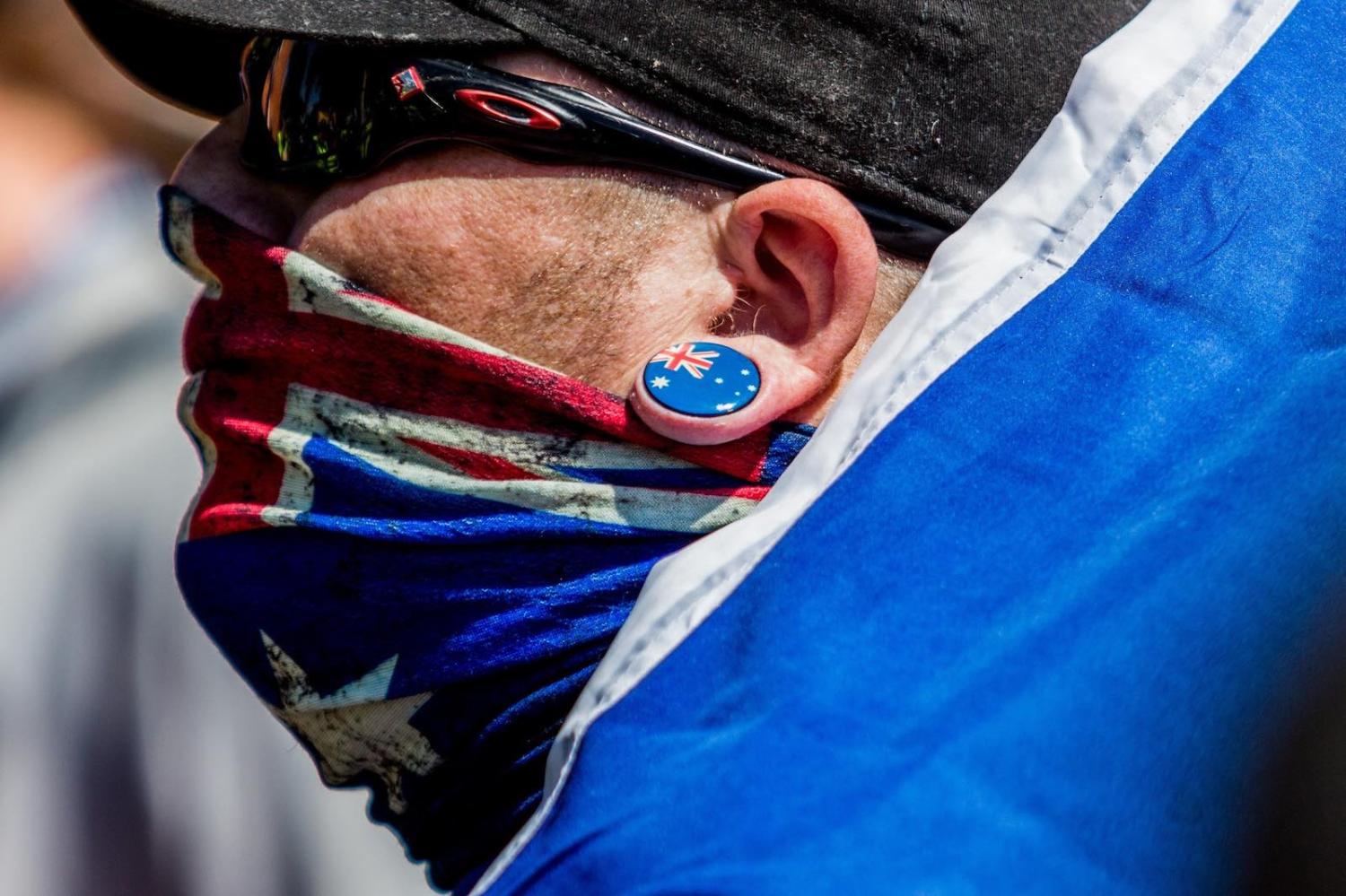Racism and hate speech have certainly been much discussed in Australia and the area seems to have become a grey area for many politicians who see it as too prominent and entrenched to openly oppose. These trendlines bump against real issues of free speech at one end, and the bizarrely invoked “right to be white” argument at the other, as well as indicating a racist underbelly that Australia has not only failed to eviscerate, but has actually institutionalised over two centuries.
Inevitably, as the current federal election slumps towards 18 May, racist ginger groups, haters and supremacist nutters will find ways to edge into the headlines as the campaign wearies. They will capitalise on news editors seeking copy beyond eye glazing tax black holes, utes and health policy, and racism will likely, once again, raise its ugly head as a federal election issue.
But, what will our Southeast Asian neighbours make of it?
Evidence suggests that people in Asia, while bemused perhaps, don’t pay a lot of serious attention to our racist rants here in Australia.
Despite spikes in coverage in the region of such events as the Cronulla race riots, hotspots in refugee policy and dot points in the rise, fall and rise of Pauline Hanson, evidence suggests that people in Asia, while bemused perhaps, don’t pay a lot of serious attention to our racist rants here in Australia.
While our Asian neighbours roll their eyes but do little more, political leaders here have diluted their misgivings about hate speech here.
If we take Pauline Hanson’s political career as a micro-trend in itself, we can see that little is being done politically to halt her style of diatribe in the interests of any Southeast Asian concerns. If we bookend two of her most well-known statements across 20 or so years, we can see that Australian leaders have, if anything, pulled back on censorship of this kind of racist hate speech.
In her infamous anti-Asian immigration maiden speech when elected in 1996, Hanson argued that “I believe we are in danger of being swamped by Asians”, and that “they have their own culture and religion, form ghettos and do not assimilate”. Condemnation was swift and severe, and Hanson and her message were roundly attacked, particularly in its negative impact across Asia.
Jeff Kennett, premier in the state of Victoria at the time, vowed to “dispel the anti-Asian image” generated in Hanson’s wake.

By 2016 and her “second” maiden speech when re-elected as a Queensland senator, Hanson’s openly bigoted, racist and generally error-ridden rhetoric was seemingly more palatable, at least in terms of any effects north of Darwin. So ordinary was this view, criticism was comparatively limited.
By 2018, Hanson was mainstream enough to distance herself from Fraser Anning’s own outrageously twisted and irresponsible anti-Muslim maiden speech which in many ways mirrored her own of some two decades before.
Labor’s Senator Penny Wong picked up on this distinction during a speech at Melbourne University in March. Wong said:
the political and electoral isolation imposed on Pauline Hanson and One Nation in its earlier incarnation were all achieved with bipartisan support. I fear we have done less well this last decade or more.
But, her central point was that hate speech and racist language and culture was mostly damaging to our own democratic society, rather than a concern for our relations globally.
The reasons for the relative lack of Asian concern vary.
The fact that most Asian countries cannot point to the absence of hate speech and discrimination in their own societies is perhaps one of them. Indeed, such is the prevalence of intolerance and extremism across some areas of the region, many Asians and their leaders are understandably worrying more about localised hate speech and less about ours.
Further, Australia’s history has meant that racism fouling the air here may have less impact because Asian expectations on our racial views have been set so low.
Finally, hate speech and the language of violence is increasingly seen as more a global phenomenon, not something that can be framed in national borders. Social media, through giants like Facebook, un-edited and multinational, has become a bugle for bigotry.
The agreement between the governments of Australia and Singapore, confirmed in March, to explore co-operation in the cyber world in relation to hate speech and verbal terrorism is one recent confirmation that the global landscape is widely acknowledged as the source of hate speech. A more international approach is being pushed to be part of the agenda for the G20 Summit in Osaka in June.
However, where our racist hate speech may have limited play in Asia, Australia’s anti-gay hate speech seems more relevant for Asians. News of Australian rugby international Israel Folau’s homophobic rants hit English language press headlines not only in rugby loving Hong Kong, but in countries such as Thailand, Singapore and Indonesia. That none of the latter are “rugby countries” suggests it is the LGBTQI rights angle that is of interest.
If hate speech is an election issue for its foreign affairs impact, then Australia’s rainbow status, less than its historic racism, may well be the factor Australian voters will need to consider.

